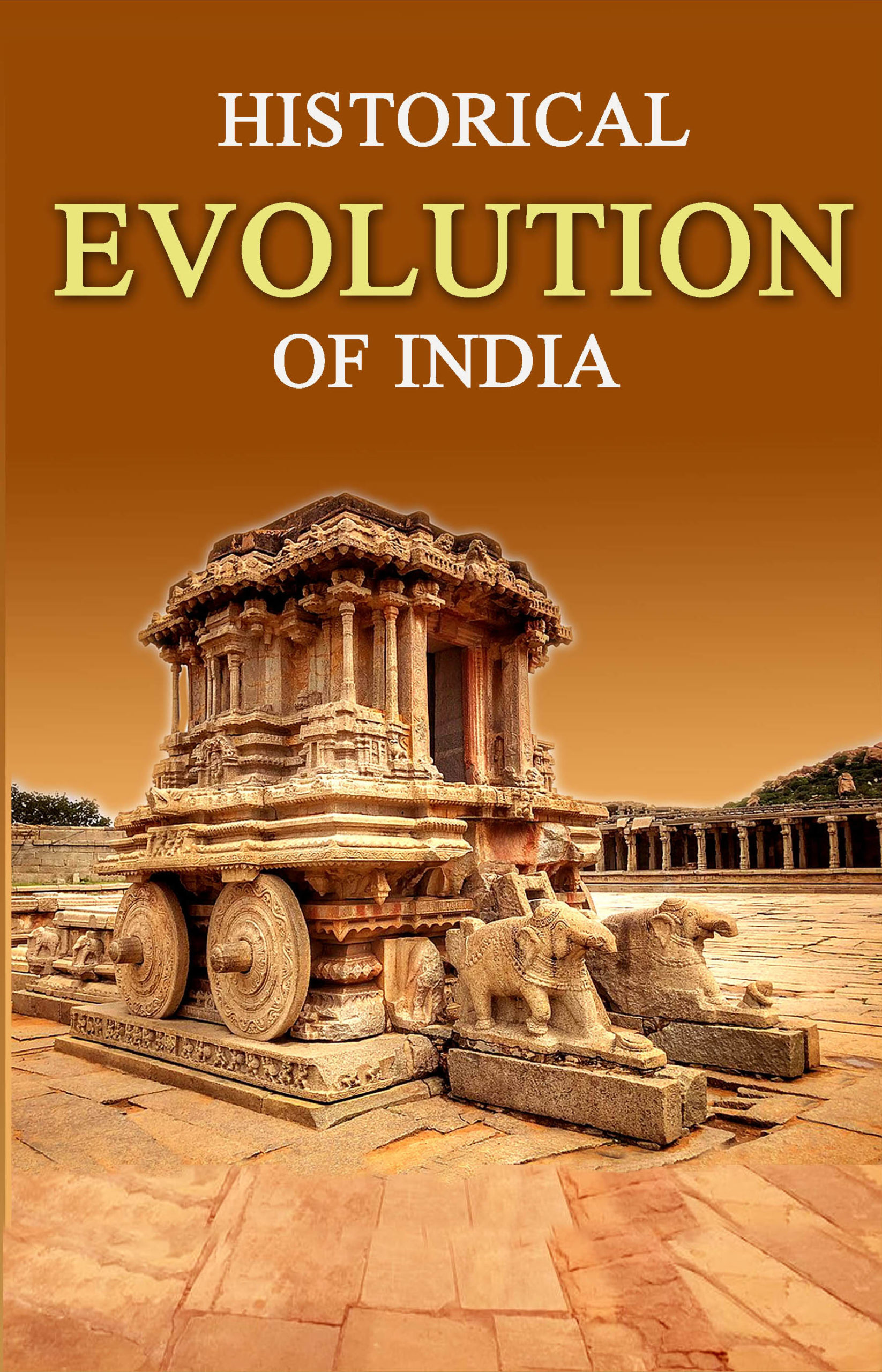The History and Evolution of India’s Name
Tracing back to Ancient Sanskrit
India’s original, Sanskrit name was Bharata Varsha, which referred to the civilization that flourished along the fertile banks of the Indus River. In ancient Hindu texts like the Puranas, the region was also called Jambudvipa, meaning the land of jamun trees. Jambu trees were abundant across the subcontinent, and their description matched India’s prehistoric geography.
The Power of the Indus River
Known as the Sapt Sindhu region in Sanskrit, it encompassed the powerful Indus River and its seven major tributaries - the Sutlej, Jhelum, Beas, Ravi, Chenab, and extinct Saraswati rivers. Flowing from the Himalayas down to the Arabian Sea, the Indus and its tributaries supported large settlements and irrigated farmlands. Over generations, locals came to be known as the Sindhu people.
Linguistic Changes through Trade Routes
As Persian empires conquered Northwest India, they pronounced Sindhu as Hindu. Trade routes connected Persia with Ancient Greece, and Herodotus referred to the region as Indos in the 5th century BCE. Centuries later, the Roman historian Lucian Latinized Indos to India. This linguistic evolution introduced India to the western world.

Conquered Lands, Altered Identities
Mughal Era Brought Hindustan
Repeated invasions after the Mauryan fall weakened India. When the Mughals invaded, Hindu plus stan became Hindustan, the local name for several centuries. Though their rule was not fully independent, the fusion of Devanagari and Persian scripts enriched Indian culture.
British Colonization Globalized India
Colonial interests led the British to popularize India as the official name on world maps. It derived from earlier Greek references to Sindhu as Indus, with Latin roots. Today, India remains the internationally recognized name while Bharat retains official status within the country.
Dual Identity Echoes Ancient Traditions
Despite political turmoil, India sustained its continuity through syncretic culture. Even as names changed with rulers, Indian civilization retained traces of Vedic philosophy. While India addresses the global community, Bharat honors indigenous epics describing the ancient land and its people. This duality reflects how India has reconciled external influences with internal roots over millennia.
